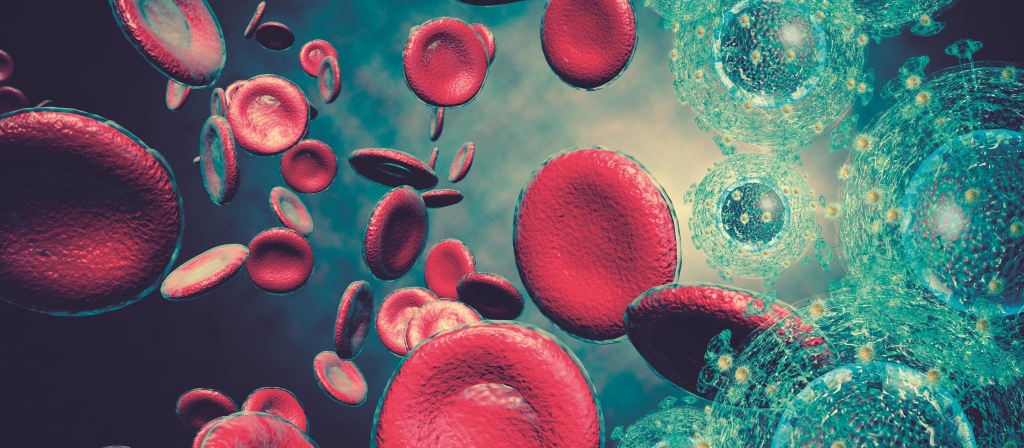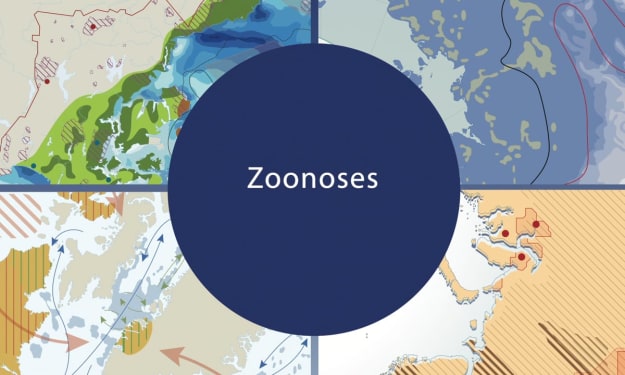Dawn of a New Environmentalist Praxis
The application of legal precedents: the campaign to end conflict minerals, the campaign for availability generic antiretrovirals and environmental health legislation. Their application for ending zoonoses.

Coronaviruses/COVID and HIV+/AIDS are highly analogous. In terms of human rights, stigmatisation, denialism and social marginalisation have increase pandemic deathtolls. With regard to HIV+/AIDS, both US medical advisor Jonathan Mann and the French sociologist, Daniel Defert affirmed, social marginalization and stigmatization became drivers of epidemiological spread. With regard to coronaviruses/COVID, violent Sinophobic attacks, attacks against medical workers and the refusal to wear masks have helped to increase coronavirus/COVID rates. Furthermore, in just the same way that HIV+/AIDS denialism among some political leaders such as Guinea Bissau’s Yahya Jammeh and South Africa’s Thabo Mbeki led to more deaths, various political leaders such as Donald Trump and Jair Bolsonaro’s coronavirus/COVID denialism increased the lethality of the crisis. Both Mbeki and Jammeh disinformed their populations with regard to HIV+/AIDS and both of whom have faced litigation challenges. This may set a precedent for political figures such as Trump and Bolsonaro.
However, as well as their actions with regard to the crisis itself, much of the political leadership has, as the British Medical Journal affirmed, supported, short-termist, socioecological behaviours. These governments have ignored medical warning that our planet may be come uninhabitable if there is not better environmental stewardship including the regulation of triggers for zoonotic disease emergence. To this end, 350 healthcare organisations representing 40 million healthcare professionals have advocated a Green New Deal that would combine public health initiatives with environmental reforms. Recent corporate responsibility legislation throughout the last decade provides antecedents of legal codification for this bill as well as for aiding its effective implementation.
As affirmed in the first chapter, HIV+/AIDS first emerged in 1920s Kinshasa, Democratic Republic of Congo, a country that has experienced 16 million war-related deaths in 150 years. The simian-human spillover likely resulted from primates displaced by the creation of rubber plantations through deforestation and devegetation under King Leopold, and then, being killed and eaten as bushmeat. Since independence, the Democratic Republic of Congo, the most resource rich nation on earth, has experienced the First and Second Congo Wars that have killed at least 6 million. These wars have driven illicit mining that has led to the deforestation and the loss of biodiversity. These evils have in turn reduced the biodiversity buffer and increased the human-animal interface meaning the area is prone to the emergence of zoonotic diseases. Continuing conflict has seen the nation state unable to assert centralised laws for environmental sustainability that would minimise the chance of zoonotic disease emergence, contributing to Ebola outbreaks in North Kivu and Ituri in 2020.
Aware that the Congolese government were unable to enforce their own laws, campaigners lobbied and petitioned governments worldwide while boycotting products made from conflict minerals. This successful campaign led the US to introduce legislation against conflict minerals under the Dodd-Frank Wall Street Reform and Consumer Protection Act (2010) and the EU the Conflict Minerals Regulation (2021) which came into force on the 1st of January. Both laws promote the ethical sourcing of products, especially pertaining to conflict minerals, as well as protecting against conflict and forced labour. These laws will help to stop deforestation and conserve biodiversity helping to minimise the chance of zoonotic disease emergence.
However, the legislation to minimise zoonotic disease emergence is disjointed. For instance, the British Medical Journal maintains while the United Nations has established mechanisms to control wildlife trafficking and deforestation, live markets were only temporarily closed after SARS and then after the emergence of COVID-19.
It is both morally and legally incumbent on governments to safeguard the right to life. This jurisdiction has been used to ensure governments such as the United States and South Africa meet the inalienable human rights including those enshrined under socioeconomic covenants. These human rights for instance underscored the moral and legal arguments for the availability of generic antiretrovirals. They are also the laws that made it possible to hold both Guinea Bissau’s Yahya Jammeh and South Africa’s Thabo Mbeki to account, and could, theoretically, be used to legislate against coronavirus/COVID denialists.
This same inalienable right to life can be further expanded to ensure the planet continues to be habitable. There are also numerous cases of corporations that have been hold to account for environmental biohazards as described by toxicologists. These include companies that have released carcinogenic chemicals, liquids or gases into the atmosphere. This appears to provide a unique precedent for victims of zoonoses including HIV+/AIDS and coronaviruses/COVID. As campaigners, we must demand that measures are taken to guarantee our planet remains habitable. Zoonoses as indicators of governmental negligence in environmental, and often social terms, are unique since the very conditions themselves are indictments of environmental policy. As campaigners, we must use zoonoses to open a dialogue on deforestation, animal trafficking, fur and factory farming, and water conservation. We must petition for better legislation that enshrines the inalienable right to life and we must lobby for the Green New Deal.
SELINA WHITELEY has medical qualifications from the London School of Hygiene and Tropical Medicine, the University of Bergen, the International Federation of Red Cross and Red Crescent Societies and the British School of Antimicrobial Chemotherapy.
About the Creator
Selina Whiteley
Published writer, Sel Whiteley, has a BA and a soon to be completed MA in Writing. She has an MA Peace and Conflict Resolution and further qualifications in human and environmental law and earth science. She is a certified science writer.





Comments
There are no comments for this story
Be the first to respond and start the conversation.